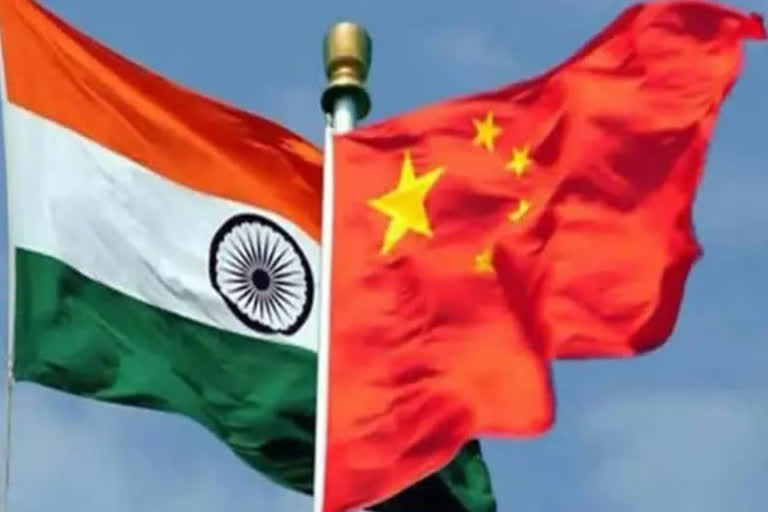New Delhi: China once again proved its assertiveness by laying claim to the Galwan valley by unfurling its national flag on January 1. After videos showing a Chinese flag being unfurled in Galwan valley went viral on social media platforms, Opposition parties slammed the BJP-led government, asking it to break its silence and be answerable to Chinese incursions in Galwan.
While bilateral trade ties between both countries are booming, there seems to be no end to the ongoing border tension between India and China.
Now the question is, will India-China diplomatic relations take a different turn this year? Or is it going to be a challenging year ahead, especially for India when it comes to tackling China’s growing belligerence in the region?
Foreign policy expert and former ambassador Jitendra Tripathi said, “I see no significant changes in India-China relations in the year 2022 unless China is pressurized more by the US and European Nations on other fronts because this year is going to be the centenary year of Chinese Communist Party".
On being asked about the way forward to tackle Chinese aggressiveness, Tripathi underlined that India should keep on the preparedness at the border to meet any eventuality and at the same time, diplomatically isolate China and try to strengthen relationships with the US, Taiwan and other EU nations.
"India needs to take care of the concerns of next-door neighbours. Sometimes their concerns are valid because they think that India has been treating them as its 'backyard' and not paying much attention," added Tripathi.
He said, "this year, Chinese Prez Xi Jinping will try every possible way to project a picture that he is the most powerful and that he is taking China in the right direction".
The diplomat said that Jinping will try to project a strong image of China even as it has border disputes with almost all its neighbours, including Russia. "So, that cannot be altered to our advantage until and unless China is pressurized from all directions to make concessions to leave the region. China knows only two types of language – the language of economy and coercion," he pointed out.
